

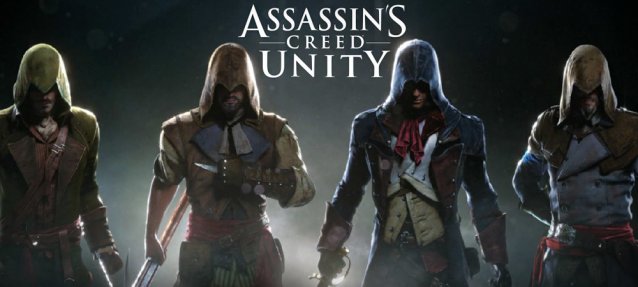
Amongst the insanity of this year’s E3, Ubisoft fell under fire. As trailers and gameplay of the up-and-coming Assassin’s Creed Unity flashed across the screens of press conferences and booths, many fans grew excited about the idea of co-op play… until a question was raised—one that is becoming more and more common within the industry itself—where were the women?
Given the opportunity that the introduction of cooperative play had of introducing a female protagonist or co-op partner, why didn’t they? In fact all of the assassins seem to be falling into a rather canonical role of male protagonists in games.
This question didn’t remain unanswered for long. Yet unfortunately when it was answered the reply established even more controversy around the issue. According to the developers of Unity, the lack of a female character in the game was due to the amount of work and money necessary to create one. Creating a female lead character would involve introducing not only a new model, but also new mechanics and play style. Creative director of the title, Alex Amancio, told Polygon that “It’s double the animations, it’s double the voices, all that stuff and double the visual assets.”
In the end, the take from this dialogue was that production and quality were the reasons behind the lack of a female protagonist.
When I initially heard this excuse, I was flustered. Amidst my own stress at E3 dealing with press, dodging booth babes and sexist comments about my own attendance, and running between halls, hearing another excuse that women were just too expensive resounded in my head as “women just aren’t worth it.”
Yeah sure. A group that makes up almost half of your consumer base isn’t worth it?
I think I would’ve been okay with Unity not having a female protagonist if Ubisoft hadn’t made that comment. Not every game deserves scrutiny for not including a female—sex is something that, more often than not, plays a huge part in narrative design. What I think needs to happen is more Lara Crofts, Ellies, and Jodie Holmes—more narratives designed and written for women. Throwing a shell of a women into a title because people complain does nothing to make the issue better… but neither does leaving them out of the development process all together.
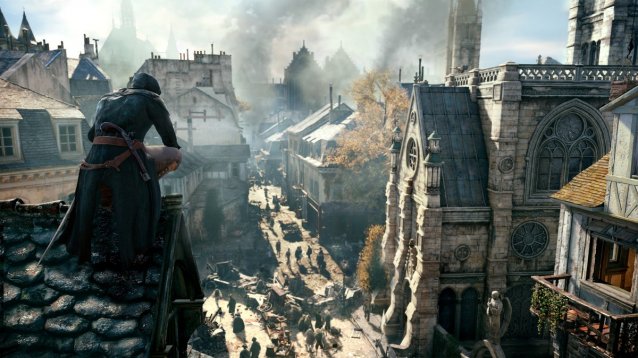
Ubisoft was already working towards their own with games like Liberation and introducing even more diversity with DLC like Freedom Cry. In fact, the inclusivity of their content is why the comments from their developers were even more unexpected.
Between appointments I stopped to check what all the buzz on the internet was surrounding the controversy and couldn’t believe how much heat Ubisoft was taking. Some pieces were more of a healthy discourse, asking questions and checking facts. Others were more unreasonable, stating that Ubisoft refused to even talk about women. Personally, I knew I was upset, but after I had time to step away from the situation I found the latter pieces to be a little absurd.
Obviously what the developers from Ubisoft said about the production of women in Unity should never have been said. It’s an excuse that many of us are growing tired of; we’ve all heard it and it’s honestly no more valid than saying your dog ate your homework when you know that you just didn’t plan to do it. But that’s the thing—we’ve heard it all before. This excuse is something that can easily be considered ordinary.
Women aren’t valuable enough—even though they know we really are.
But it’s also E3. People are under stress and exhausted, words are said that often times aren’t meant to be said, and outlets often become sharks that search for needless drama to get clicks. Regrettably, this sort of environment is merciless. Events that should evoke productive and constructive criticism end up in a state incessant reprimanding—much like beating a dead horse.
I’m not saying Ubisoft is justified in its response. I’m not saying that I’m not upset.
But to be honest, I’m not upset at Ubisoft, in fact I respect how the handled the situation later on. I’m upset at the industry, the colossal mammoth that reinforces excuses like this time and time again.
In this respect, the case with Ubisoft can give us hope. If we look at Ubisoft as a company more holistically and realize that they are listening, we can use the amplified discourse as a conversation. I’m an optimist at heart; if so many voices resounded within this cause, it goes to show that women really do matter—and now the industry is acknowledging it.
Katy Goodman is a freelance writer and graduate student in English. When she isn’t busy training birds of prey, horses, or freshman composition students, she can be found playing video games or climbing trees. She also really likes grilled cheese. Follow her on Twitter @InvizzyB or on her blog, Pixel Hearts.

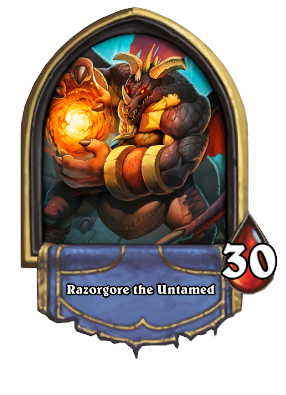


 Why You Shouldn't Download Mac Apps From MacUpdate Any More
Why You Shouldn't Download Mac Apps From MacUpdate Any More Off The Beaten Path: 4 Lesser-Known Gaming Subreddits
Off The Beaten Path: 4 Lesser-Known Gaming Subreddits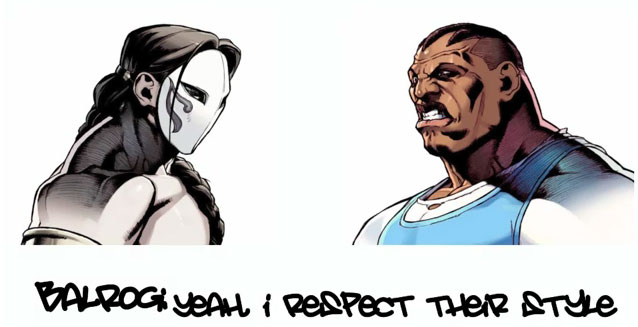 Balrog and Vega Sing About Team Kuma, Street Fighter X Tekken
Balrog and Vega Sing About Team Kuma, Street Fighter X Tekken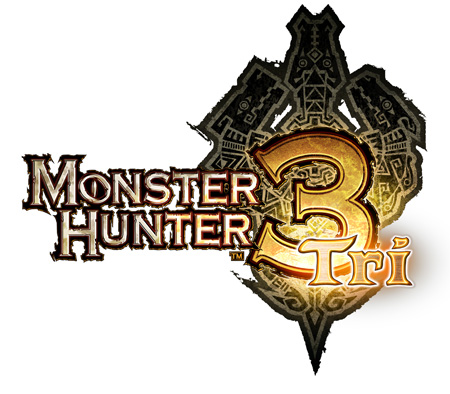 Monster Hunter Tri Guide
Monster Hunter Tri Guide How to Play Games with SafeDisc or SecureRom DRM on Windows 10
How to Play Games with SafeDisc or SecureRom DRM on Windows 10